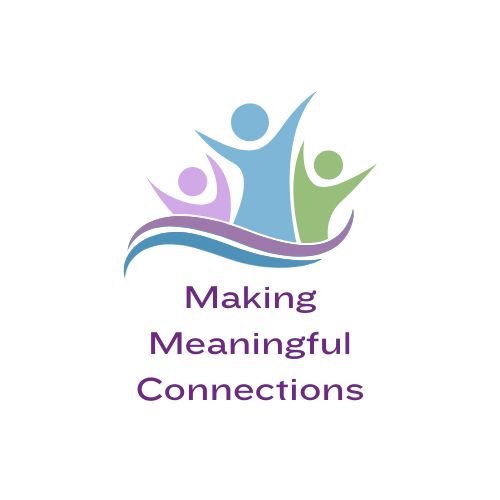My father had deep brown eyes that twinkled as he regaled everyone in earshot with his punny jokes while we all groaned and rolled our eyes.
But when dementia set in, and eventually Alzheimer’s, I would have listened to his jokes all day without one groan just to see the light in his eyes instead of the fear that replaced them.
I didn’t notice the changes at first. The forgetfulness and the inability to focus. But as the disease continued to creep into his body, the light began to dim in his eyes.
As my father became aware of what was happening, it scared him to know he was losing his ability to function in the same capacity he always had. His eyes would widen and he would hesitate, then shrink back into himself.
I remember going to his house one afternoon about 2:00 pm and found him and mom still in their pajamas, both overwhelmed but not sure why. Then there was the day when I called and got a fast busy tone on the line. I called their cell phone and it wasn’t working either. Concerned, I drove over and found them sitting in the dark. Confused. Scared.
In my dad’s office were a pile of bills. A pile of unpaid bills, including collection notices. Alarms bells were going off in my head. This was not my dad!
Role reversal is hard – on both the parent and the child. It didn’t matter that I’m a grown adult. I want my dad to be my dad.
For me, the heartache was that this was my parent – my dad – the man I leaned on and depended on while I was growing up. My dad was strong and smart and always knew what to do. He was my “go to guy.”
I remember the moment when someone asked him a question and he just pointed to me, indicating that I am in charge. On the outside, I smiled and answered. Inside I cried. Yet at the same time, I felt honored that I was given a gift – to be able to give back and care for the man that cared for me.
I knew it was time to have a conversation with him about what was happening. It was painful for both of us and I learned so much from talking with him that day, and over time.
People with dementia are afraid. They know things aren’t right. They are afraid to admit it and dread anyone else finding out. So having that conversation was devastating for him, but what he was able to share was so powerful in helping me to help both of us.
There were five things he told me that may help you and someone you love too.
“I’m afraid of what is happening.”
If you find what is happening to a loved one is scary for you, take a step back and look at it through their eyes. Dad was aware that things had changed and it really frightened him. He didn’t want to admit it and was afraid to let someone know, and he was afraid of the reaction his friends and family would have if they found out. He talked to me about not feeling whole and in control. He felt his mind was slipping and not only was he losing his mind, he was losing himself.
“Please don’t be mad if I don’t know who you are.”
Dad would see someone heading his way and the panicked look on his face told me everything. He knew he was suppose to recognize them, but didn’t.
“I am so confused. About everything!”
Simple things like the day, date and time eluded him. Activities he used to be so good at seemed tedious. A man who lived by the calendar suddenly felt lost and didn’t know what he was supposed to be doing or when. Tasks that are part of every day living such as taking out the trash, opening mail and paying bills weren’t on his radar any more. Leftovers piled up and rotted in the refrigerator, unnoticed.
“I don’t know that I’m repeating things.”
Dementia and Alzheimer’s affects short-term memory. My dad didn’t know he was saying something repeatedly. “You just told me that” is painful for both of you because it makes two people feel bad. You and them. You are reminding them they are failing at something, and you are grieving for the loss of this person’s capacity.
I’m too overwhelmed to manage self care.”
My dad had no awareness that his clothes didn’t match or he hadn’t shaved or brushed his teeth. His hair was a mess and he wore slippers all the time because they felt good. Once, my mom was in the hospital and my son picked my dad up to bring him to see her. He was wearing his clothes over his pajamas! I also know he often slept in his clothes.
I learned compassion as I cared for my dad. I learned to hold his hand and let him repeat himself and act like it was the first time he told me his story. I smiled at him and tried to make him feel safe. I whispered the names in his ear of others in the room so he would know who they were. His doctor helped me understand what was happening and I sought out support groups to help me with the fear, overwhelm and confusion I was feeling.
I feel really lucky that my dad still recognized me to the end, something that many loved ones don’t experience. Even though his memory slipped away, my memories of him, even through his struggles, comfort me.
And to this day, I have a penchant for punny jokes. While others may groan, to me, they are a hug from my dad.
Flickr Christos Tsoumplekas

